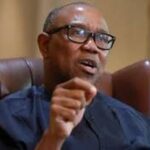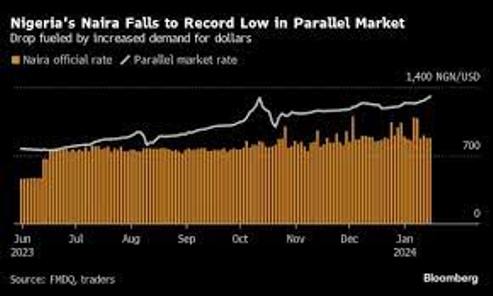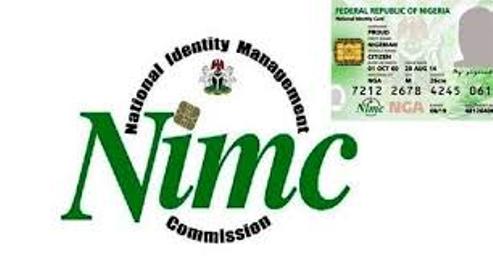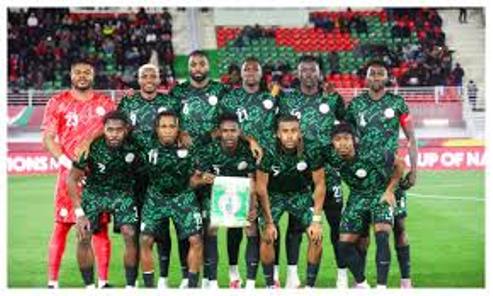LAGOS JANUARY 17TH (NEWSRANGERS)-Nigeria is discussing as much as $1.5 billion of World Bank funding to help ease a severe dollar shortage that has contributed to the naira’s steep decline.
“We’re hoping to get $1 billion or $1.5 billion from the World Bank” for budgetary support, Finance Minister Wale Edun said Wednesday in a Bloomberg Television interview with Francine Laqcua. “It is a matter of discussion at the moment, but we think we will get the support because we are continuing with our reforms.”
Since taking office in May, President Bola Tinubu has scrapped Nigeria’s costly fuel subsidies and relaxed its exchange-rate policy.
The reforms have been welcomed by international investors, but caused a surge in the cost of living, with inflation hitting a 27-year high of 28.9% last month and the naira slumping about 50% in value against the dollar.
“What we’ve done with fuel subsidies, what we have done in terms of the foreign-exchange market reform, deserve support,” he said. “We’ve done enough and we deserve to be rewarded imminently.”
Oil-rich Nigeria is also confident of having access to the eurobond market and may look to tap it later this year, if rates move sufficiently lower.
“The major issuers and the book runners have told us that there should be a window for Nigeria in the eurobond market,” he said.
Nigeria still operates an official exchange rate and provides dollars via the central bank to customers at that level.
But a lack of dollars in the domestic market means there’s a backlog of demand from companies who want to convert naira into the US currency to repatriate profits and pay bills. That’s pushed activity into the unofficial market, where the naira changes hands at much weaker levels against the dollar.
Edun said the central bank puts the current backlog at about $5 billion, following efforts to pay it down, and he voiced confidence that it could be cleared easily if efforts to lift oil revenue and tap into Nigeria’s domestic dollar savings succeed.
The government expects oil production to ramp up to 1.78 million barrels per day, from about 1.49 million barrels last month, which should help fire up the economy and bolster its coffers.
Domestic refining of crude is meanwhile expected to resume this year at the state-owned refinery in Port Harcourt, and from the Dangote refinery in Lagos, which will reduce gasoline imports and help ease the currency squeeze.
“The priority is to stabilize the naira, that means getting in the additional liquidity – number one from oil revenue,” Edun said.
“We’re also looking to make sure we tap Nigerian savings, in particular domestic dollar savings both inside and outside the formal market. There’s a lot of cash in the Nigerian economy.”
Bloomberg Businessweek
For advert placement, events coverage, media placement, public relation consultancy and further inquiries please WhatsApp 2348023773039 or email: labakevwe2yahoo.com











